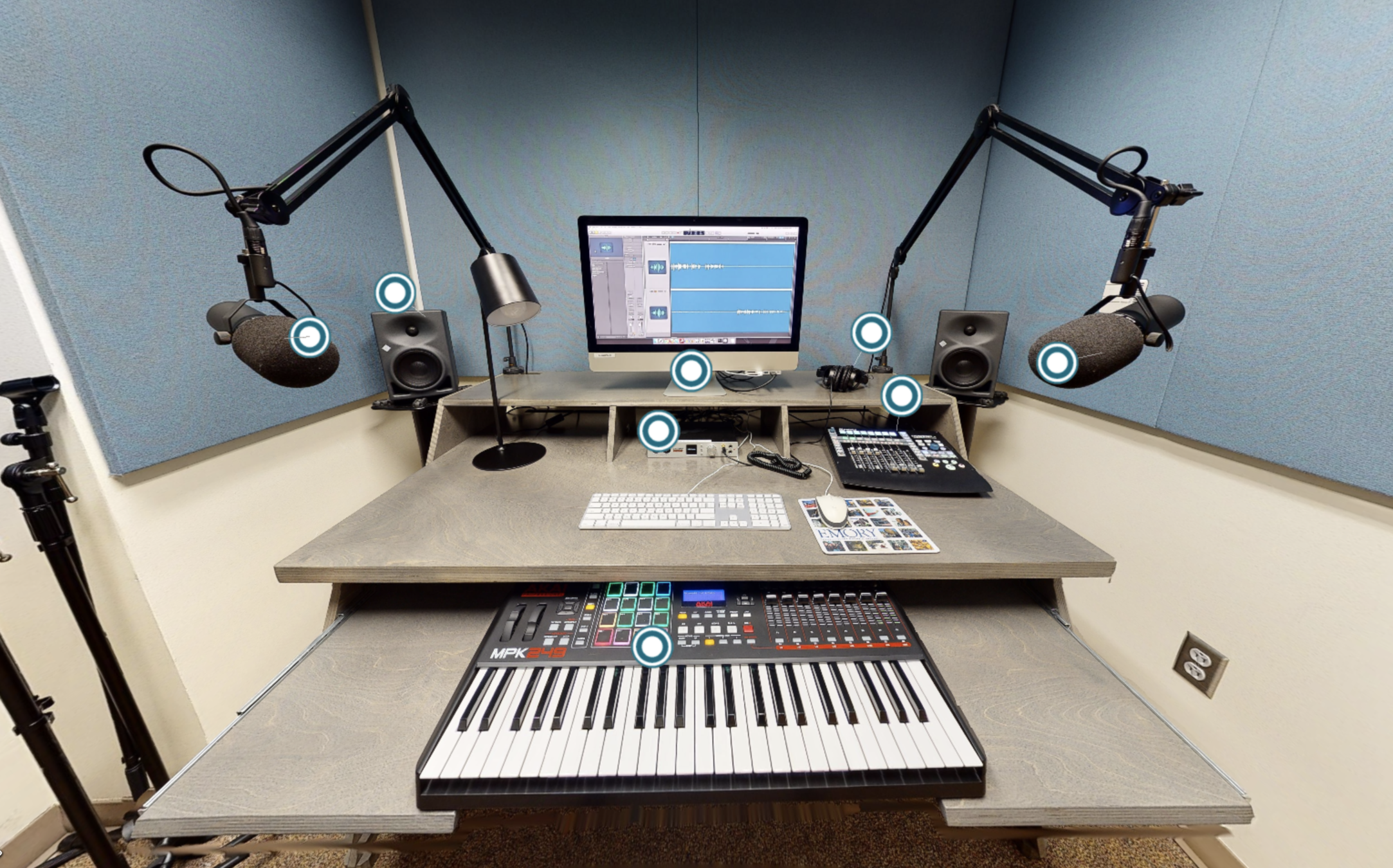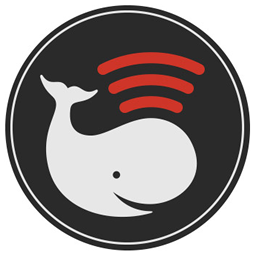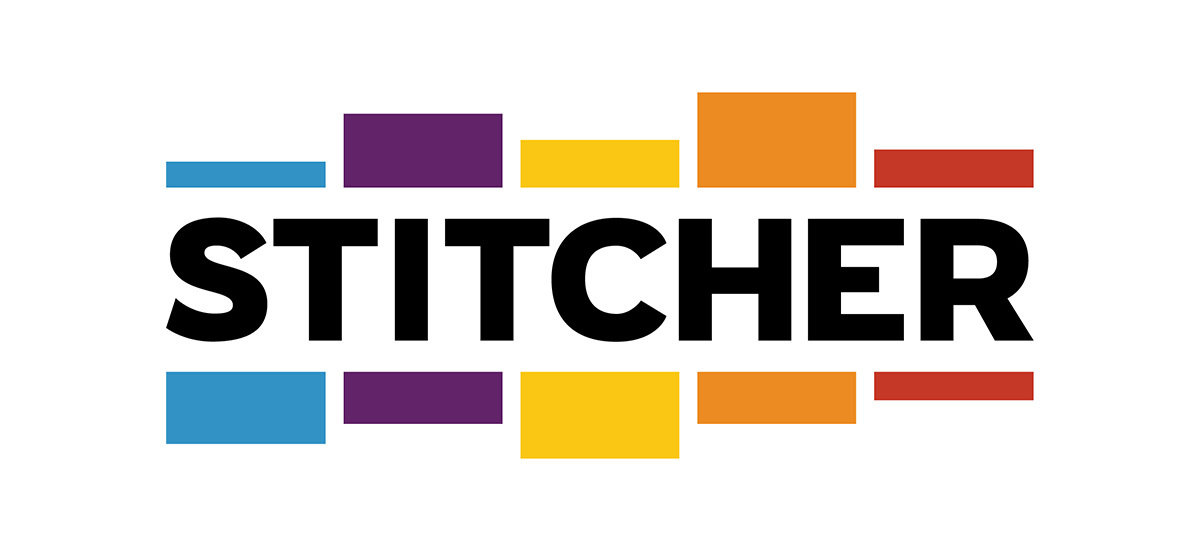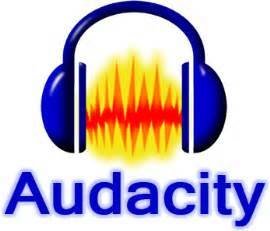Podcasting in the Classroom
short link to this slide deck: bit.ly/podcastingclassroom

Podcasting in the Classroom

September 25, 2020
11am - noon EST
A Workshop Offered by Writing Across Emory
and the Center for Teaching and Learning at the University of South Dakota
short link to this slide deck: bit.ly/podcastingclassroom
What I'll talk about
- How I structure my assignment for the class to publish a podcast series (not just one-off audio essays)
- Why I like to have students publish a podcast
- How to host a podcast, preferably using Wordpress on your own domain
- How to get that podcast published out to major syndication services like iTunes, Spotify, Google Podcasts
- Basics of audio editing
Credits
- Headphones by Jonathan Lutaster from the Noun Project
- Skull and Headphones photo by Brett Jordan
Why a podcast series?
- “Wild” genre that students are familiar with but generally don’t know how to do/think they can do
- Encourages students to be more innovative and creative -- content, structure, tone, argument
- Students are more aware of audience; from there it is easier to get them to pay attention to their own rhetorical situations
- Avoid students writing to a prompt -- instead, they become invested in establishing some communal standards and writing with an awareness of audience expectations but also the desire to meet their own objectives
Key aspects of my podcast assignment structure
- The class designs, produces, and publishes a weekly podcast series
- Collaborative
- Separate but related episodes
- Public
Roles for the series
(with definitions adapted from Producer's Guild)
|
Executive Producer As instructor for the class, I will be the Executive Producer for the series. In this capacity, it will be my role to consult with the individuals responsible for any given episode, to provide some guidance in order to ensure that each episode maintains the standards of the whole, and to provide feedback on the production. |
Producer Each student in the class will be responsible for serving as Producer for one single episode. The Producer initiates, coordinates, supervises, and controls all aspects of the podcast episode production process, including creative, technological, and administrative. A Producer is involved throughout all phases of production from inception to completion, including coordination, supervision, and control of all other talents and crafts, and publication and promotion of the completed episode. |
|
Assistant Producer Each student in the class will also serve as the Assistant Producer for one episode. As the title suggests, the Assistant Producer helps the Producer to create a finished episode. The Assistant Producer will come in at the beginning, with initiation of the idea for the episode, and will help to think through how to bring the Producer’s ideas to fruition, including providing assistance with research, storyboarding, recording, and editing. The Producer is ultimately responsible for final decisions and should be the primary coordinator for the entire process, but the Assistant Director should be included as a collaborator in the entire process. |
Line Producer Each student will also serve as a Line Producer for one episode — the creative decision-making process is reserved to the Producer and Assistant Producer but the Line Producer serves to assist them where necessary. The Line Producer probably does not need to be involved in the initial planning and research of the episode, but can come in just before it’s time to record and help with final steps in the process. In your individual teams, you can decide reasonable boundaries around this role, but I’m imagining that the Line Producer can be responsible for technological assistance and overseeing the recording while the two primary producers are in the midst of generating the content for the episode — they can watch sound levels and listen in on headphones while the producers speak to check that the sound quality is good. Probably it’s too much to expect the Line Producer to be the primary editor for the episode, that’s something the primary producers should focus on, but the Line Producer can offer suggestions during the recording and editing process. |
As the Executive Producer, I set certain key boundaries
- We will be producing a podcast
- Episodes will be analytical approaches to the subject of the course
- Length & tone
- Some required elements (episode image, description paragraph, citations for sources)
Everything else, the class decides
- Title
- Introductory bumper language & music
- Specific themes
- Other rules or requirements for episodes (in my class, that means questions like "will we only analyze video games, or are board games allowed?" or "does each episode need to focus on only one text or can they be comparative episodes?"
Best Hosting Option
Self-hosted Wordpress site (Wordpress.org)

Reclaim Hosting ($30/yr to own a domain name & server space)
Not just a web site, but a domain from which you can install nearly unlimited sites
Wordpress is free, open source software (easy installation from cPanel)
Other hosting options

Not a good option:
Wordpress.com
To host audio on Wordpress-hosted site, must have paid account, $5/month minimum (so twice as much as self-hosting), and that only gets you a single website, with a Wordpress domain & advertising, with no access to code.
Other hosting options
Free
- Soundcloud (but only 100 minutes on free account)
Low cost
- Libsyn ($5/month is cheapest plan, probably will want to upgrade to $15/month pretty quickly for storage space)
- Simplecast ($15/month)
- Buzzsprout ($12/month)
(if you don't mind paying for hosting like these offer, they will streamline the syndication and provide good statistics)
Wordpress Plugin
The Seriously Simple Podcasting plugin is ideal for WordPress podcast hosting. It’s free & configures your site to run the podcast easily:
- Creates a custom post type automatically, so it’s easy to upload, assign meta data and manage your podcast files in one place from your WordPress website
- Supports both audio and video podcasts
- Pairs with extensions, including one that lets you analyse podcast usage stats
- Formats your podcasts ready for submission to iTunes & other services
Wordpress Plugin
The plugin creates an RSS feed URL for each podcast series that you create. You'll need that URL in order to publish your podcast to iTunes and other syndication services.
Other requirements to syndicate your feed include:
-
Series artwork (square image, 3000x3000 pixels)
-
Series description
-
First episode
Syndication
- Sign in to iTunes Podcast Connect
- Select Podcasts Connect to get to the My Podcasts screen
- Click the + sign in the upper-left hand corner to add a podcast
- Enter the RSS feed URL
- Then provide title & description, choose categories for the podcast, and fill in other details requested
Apple Podcasts Connect (iTunes)

Syndication
- Sign in to Spotify for Podcasters
- Click on your profile image in the top left, then select "Add or claim your podcast"
- Enter the RSS feed URL
- Then provide title & description, choose categories for the podcast, and fill in other details requested
Syndication
- Sign in to Google Podcasts Manager
- Select Start Now to get to dashboard
- Click on "Add Show" in the top left
- Enter the RSS feed URL
- Then provide title & description, choose categories for the podcast, and fill in other details requested
Syndication
- Sign in to the Stitcher provider portal
- Select Add a Show in the left-hand sidebar
- Enter the RSS feed URL
- Then provide title & description, choose categories for the podcast, and fill in other details requested
Editing Audio
Audacity
- "Microsoft Word for audio"
- Free, open source software (Window, Mac, Unix)
- Very thorough tutorial wiki
- (This page on mixing voice with music covers most of what students need to know to edit audio for an episode)
- Intuitive software, but there is still a learning curve so students should play with it a bit before they try to create their episode
Intro to editing audio in Audacity
Emory Student Digital Life

Dedicated to podcast, voice-over, vocal, and musical instrument recording and provides professional, industry-standard equipment
Creative Commons Licensed Music for Podcasts
- Free Music Archive
- MusOpen (classical)
- Incompetech (Film music from Kevin Macleod)
- ccMixter
Other helpful resources
-
Transom is “a performance space, an open editorial session, an audition stage, a library, and a hangout” that seeks to spread good ideas and practices for public media, especially focused on audio. There’s lots of good stuff there and I encourage you to check them out.
-
Of special note: “Using Music: Jonathan Menjivar For This American Life.” Menjivar is a producer and music supervisor at This American Life and his essay is a fantastic breakdown of different methods for incorporating music into a podcast episode.
See also, the other pieces in the Transom “Using Music” series. -
Podcast hoster Buzzsprout has a pretty good “Podcasting 101 Guide” with some useful tips, including about where to position yourself with regard to the microphone.
Sample Rubric
| - | Criteria | + |
|---|---|---|
| Clear thesis statement | ||
| Applies theoretical term(s) in a compelling manner | ||
| Episode makes specific claims about the text under consideration | ||
| Effective use of evidence to support claims | ||
| Consistent with previous episodes in the series. | ||
| Episode furthers the progression of the series in some ways. | ||
| Effective collaboration between team members | ||
| Competent audio quality and editing | ||
| Episode avatar & description, list of sources |
Podcasts from my classes in last few years
Here are some examples of the podcast episodes my students have created in classes over the last 4 or 5 years

The Longest Rainy Sunday
Still in draft, first episode coming soon. Will be self-hosted on Wordpress.

Time has stopped, everything is uncertain, we’re physically distanced and socially disconnected as a pandemic and fights for justice rage around us. The world might be forever changed after the events of 2020 but where does that leave us in the meantime? It’s felt to a lot of us like one almost unending rainy afternoon staring at video screens, either to escape, to connect, or to imagine a better way forward.
So in this series, we’ll turn our critical gaze to the games we have been playing, examine what they have to offer right now. How do these games define identities, foster a sense of belonging, encourage empathy, or subvert systems? How do they encourage certain types of problem solving and learning? What sorts of values do they promote?
The world hit pause, lets hit play.
Ready, Set, Game:
The Rhetoric of Games
Self-hosted on Wordpress.org

"Over the course of the series, we will approach games as operating within the larger media ecology and attempt to diagram the competing forces at work within that landscape. In each episode, we will play and analyze a specific game with an eye toward its rhetorical situation and the role it plays within the broader medium."
Playing Yourself:
The Rhetoric of Games
Self-hosted on Wordpress.org

"In each episode, we choose one game to play with a critical eye, analyzing its rhetorical situation, the sorts of obstacles it creates, the types of decisions players make in playing, the values or ways of thinking the game encourages, and the impact the game has. We’ll pay attention to the medium of games as well as their messages. And ultimately we come to the question: when playing a game, are you playing the game, or are you playing yourself?"
Self-hosted on Wordpress.org

"Welcome to Media Nouveau, a podcast series exploring new media, old media, and the murky area in between. We’re students in David Morgen’s New Media Writing Class at Emory University. Throughout the semester we will discuss and question different facets of the ever-changing media landscape, examining the ways in which we interact with and shape media. Each episode will explore a publication, so that the series as a whole will articulate our own definition of these genres."
Hosted on Soundcloud

"In this post-modern, post-structuralist, post-truth period many critics have resisted grand narratives or stable definitions in response to such questions, so each week we will examine one publication that seems to be doing something interesting. Over the course of these 16 episodes, we hope to untangle the narratives a bit and decide where we are now."
Hosted on Soundcloud

"Some have claimed that videogames are becoming the greatest storytelling medium of our age, so we will explore the impact of this developing medium on our society. Each week for the rest of the semester, a pair of students will play a game and discuss it using terms and ideas from Ian Bogost’s Doing Things With Videogames. We hope that we can investigate and describe a wide variety of innovative methods of expressive representation."
Hosted on Soundcloud

"Over the course of the semester, we will explore the expressive nature of videogames and their place in the media landscape. Each week, a pair of students will play a game and then discuss it using terms and ideas from Ian Bogost’s Doing Things With Videogames. So come explore videogames with us."




